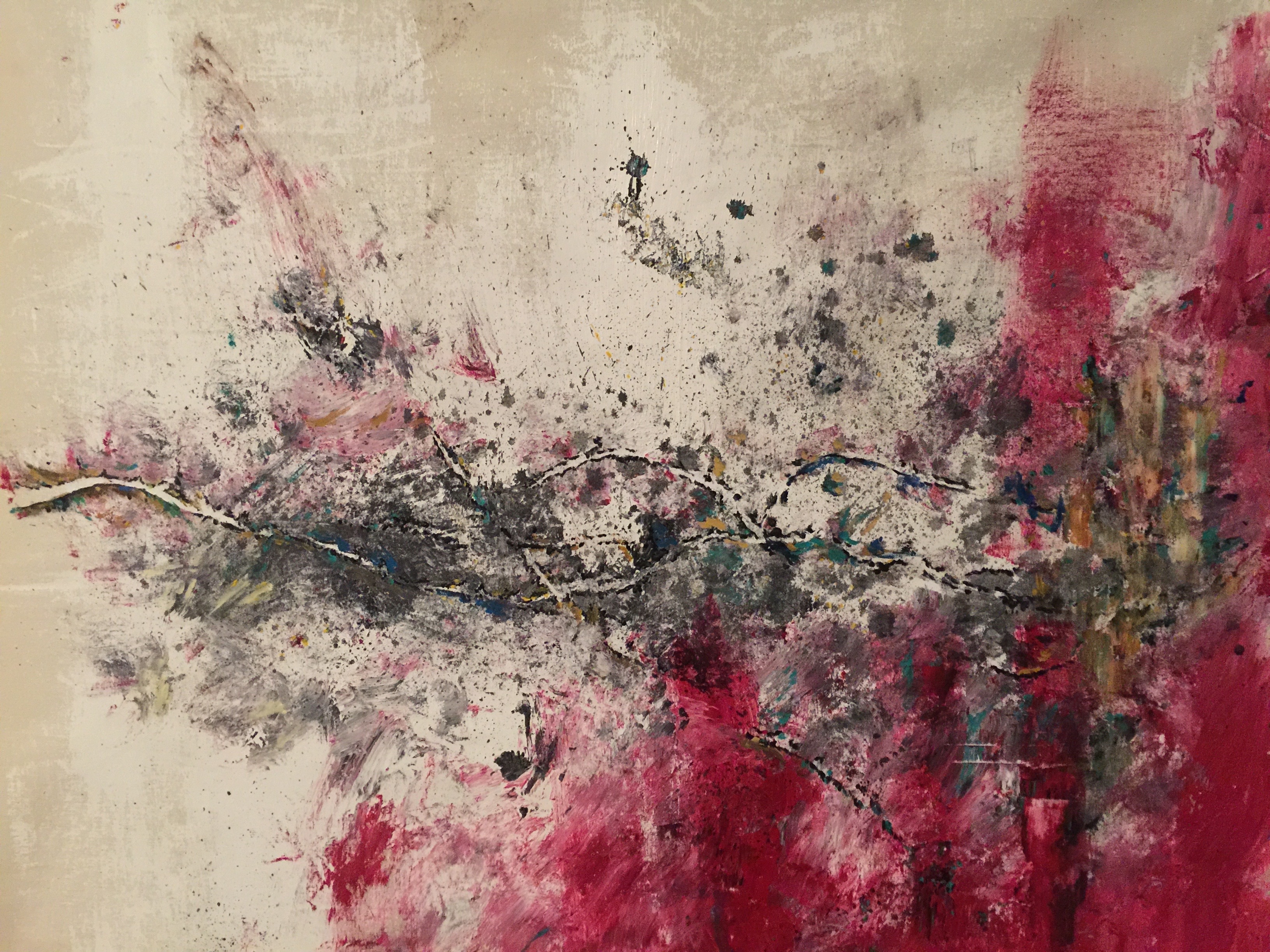Requirement Politics
Poetry as Feminist Response to Institutional Reluctance and Dismissal
DOI:
https://doi.org/10.18432/ari29637Keywords:
micro-chapbook, requirement politics, media ecology, poetic inquiry, feminist methodologiesAbstract
In this article, which includes a feminist micro-chapbook, the author has chosen poems written both prior to and following their recollection of and subsequent therapeutic struggle to work through their lifelong experiences of sexual harassment and assault. Situated within the neoliberally co-opted #MeToo campaign, Betsy Devos’s 2020 Title IX cross-examination mandate, and post-Trumpian, ongoing COVID U.S. landscape, this work performs an ethnographic autopsy on the body politic: displaying the fleshy lived consequences of an unjust legal system. By continuing Faulkner’s work on poetic inquiry as feminist methodology, this piece contributes to the tradition of poetic praxis as a means of clapping back to structures of oppression. At its core, this article reveals relived experiences and words spoken by institutional figures reluctant to fulfill mandatory reporting requirements. By playing off Higginbotham’s (1993) term respectability politics, “Requirement Politics” blurs lines of academic and poetic writing to deliberately collapse a fabricated line between public and private lived experiences.
Downloads
Published
How to Cite
Issue
Section
License
Copyright (c) 2023 Bernadette Bowen

This work is licensed under a Creative Commons Attribution-NonCommercial-NoDerivatives 4.0 International License.
Authors who publish with Art/Research International agree to the following terms:
a. Authors retain copyright and grant the journal right of first publication and the right to sublicense the Contribution, in the form in which it is published by the journal, to others under the terms and conditions of the of the Creative Commons Attribution-NonCommercial-NoDerivs (CC BY-NC-ND) that allows others to download the work and share the work with others with an acknowledgement of the work's authorship and initial publication in this journal, but they cannot change the work in any way or use any part of the work commercially.
b. Authors are able to enter into separate, additional contractual arrangements for the non-exclusive public distribution and display of the journal's published version of the work (e.g., post it to an institutional repository or publish it in a book), with an acknowledgement of its initial publication in this journal.
c. Authors are permitted and encouraged to post their work online (e.g., in institutional repositories or on their website) prior to and during the submission process, as it can lead to productive exchanges, as well as earlier and greater citation of published work (See The Effect of Open Access).
d. Authors wishing to include items (such as images or other media, or any creative works of others whether previously published or not) must contact the original copyright holder to obtain explicit permission to publish these items in Art/Research International. Writing permission should include: the title(s) of any copyrighted work, original place of publication if applicable, and an acknowledgement of having read Art/Research International's copyright notice. Authors are responsible for obtaining this permission and keeping it in their own records for later verification.



